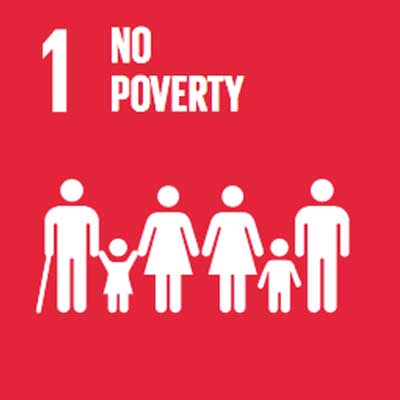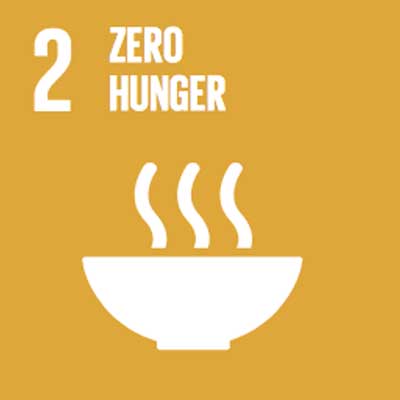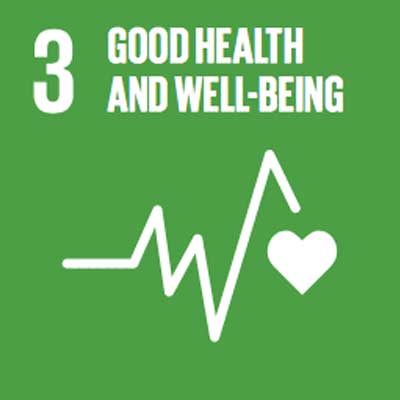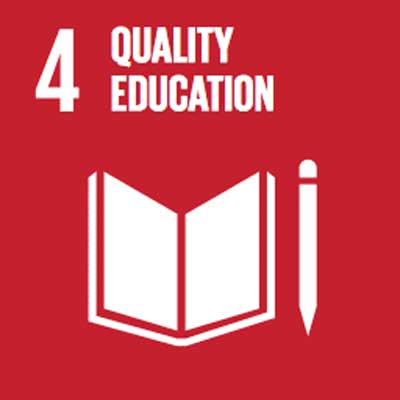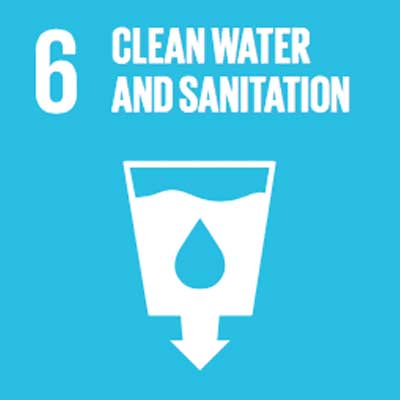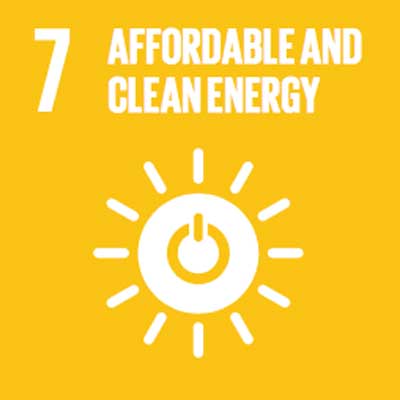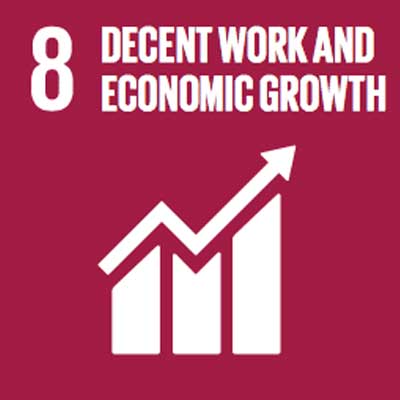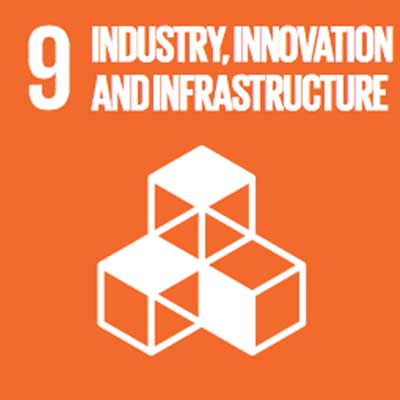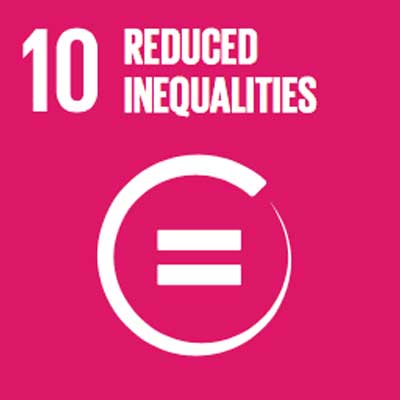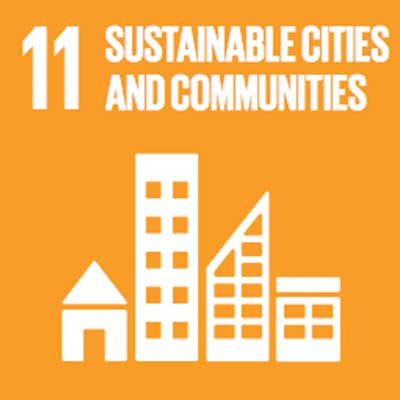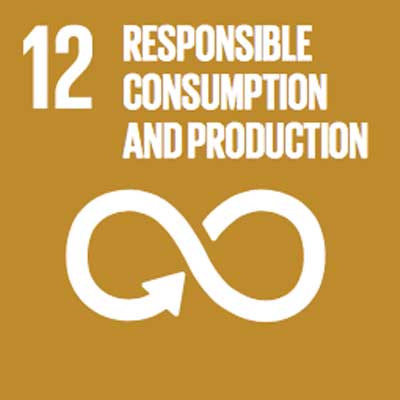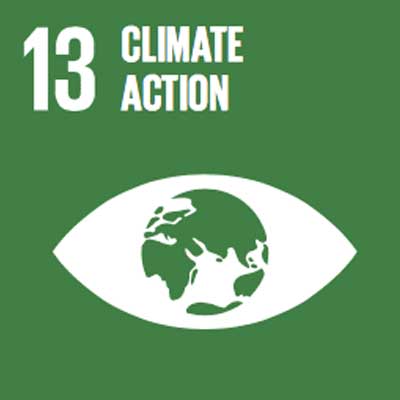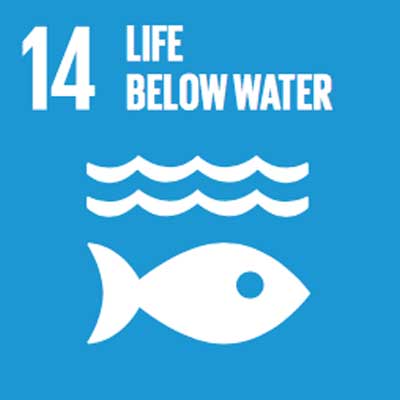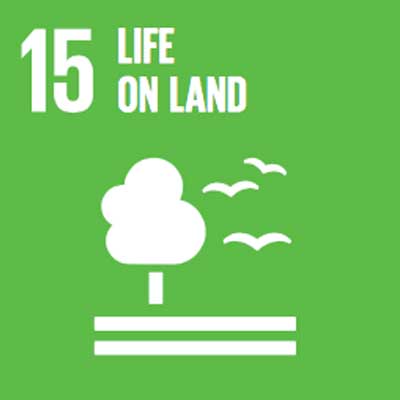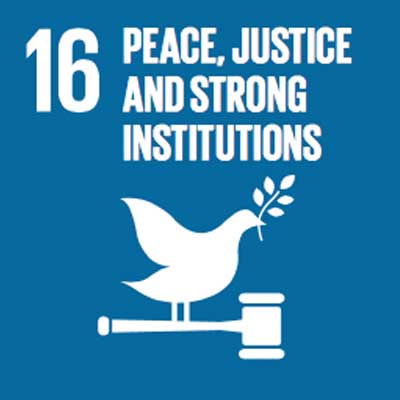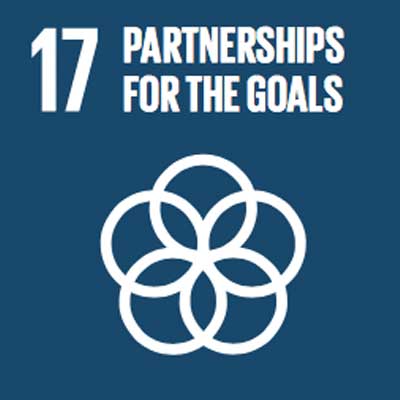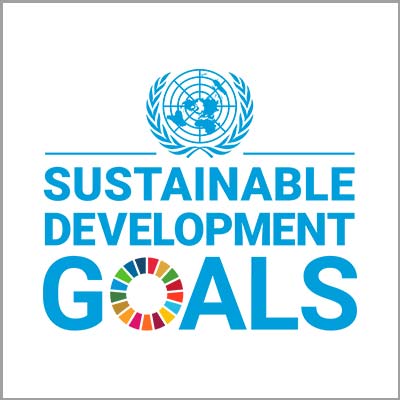Gender Equality
Gender Equality

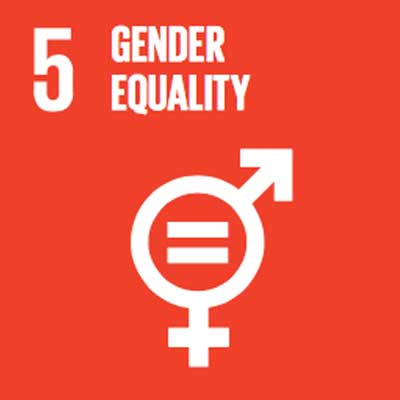
Gender Equality
While the world has achieved progress towards gender equality and women’s empowerment under the Millennium Development Goals (including equal access to primary education between girls and boys), women and girls continue to suffer discrimination and violence in every part of the world.
Gender equality is not only a fundamental human right, but a necessary foundation for a peaceful, prosperous and sustainable world. Unfortunately, at the current time, 1 in 5 women and girls between the ages of 15-49 have reported experiencing physical or sexual violence by an intimate partner within a 12-month period and 49 countries currently have no laws protecting women from domestic violence. Progress is occurring regarding harmful practices such as child marriage and FGM (Female Genital Mutilation), which has declined by 30% in the past decade, but there is still much work to be done to complete eliminate such practices.
Providing women and girls with equal access to education, health care, decent work, and representation in political and economic decision-making processes will fuel sustainable economies and benefit societies and humanity at large. Implementing new legal frameworks regarding female equality in the workplace and the eradication of harmful practices targeted at women is crucial to ending the gender-based discrimination prevalent in many countries around the world.
End all forms of discrimination against all women and girls everywhere.
Eliminate all forms of violence against all women and girls in the public and private spheres, including trafficking and sexual and other types of exploitation.
Eliminate all harmful practices, such as child, early and forced marriage and female genital mutilation.
Recognize and value unpaid care and domestic work through the provision of public services, infrastructure and social protection policies and the promotion of shared responsibility within the household and the family as nationally appropriate.
Ensure women’s full and effective participation and equal opportunities for leadership at all levels of decisionmaking in political, economic and public life.
Ensure universal access to sexual and reproductive health and reproductive rights as agreed in accordance with the Programme of Action of the International Conference on Population and Development and the Beijing Platform for Action and the outcome documents of their review conferences.
Undertake reforms to give women equal rights to economic resources, as well as access to ownership and control over land and other forms of property, financial services, inheritance and natural resources, in accordance with national laws.
Enhance the use of enabling technology, in particular information and communications technology, to promote the empowerment of women.
Adopt and strengthen sound policies and enforceable legislation for the promotion of gender equality and the empowerment of all women and girls at all levels.






